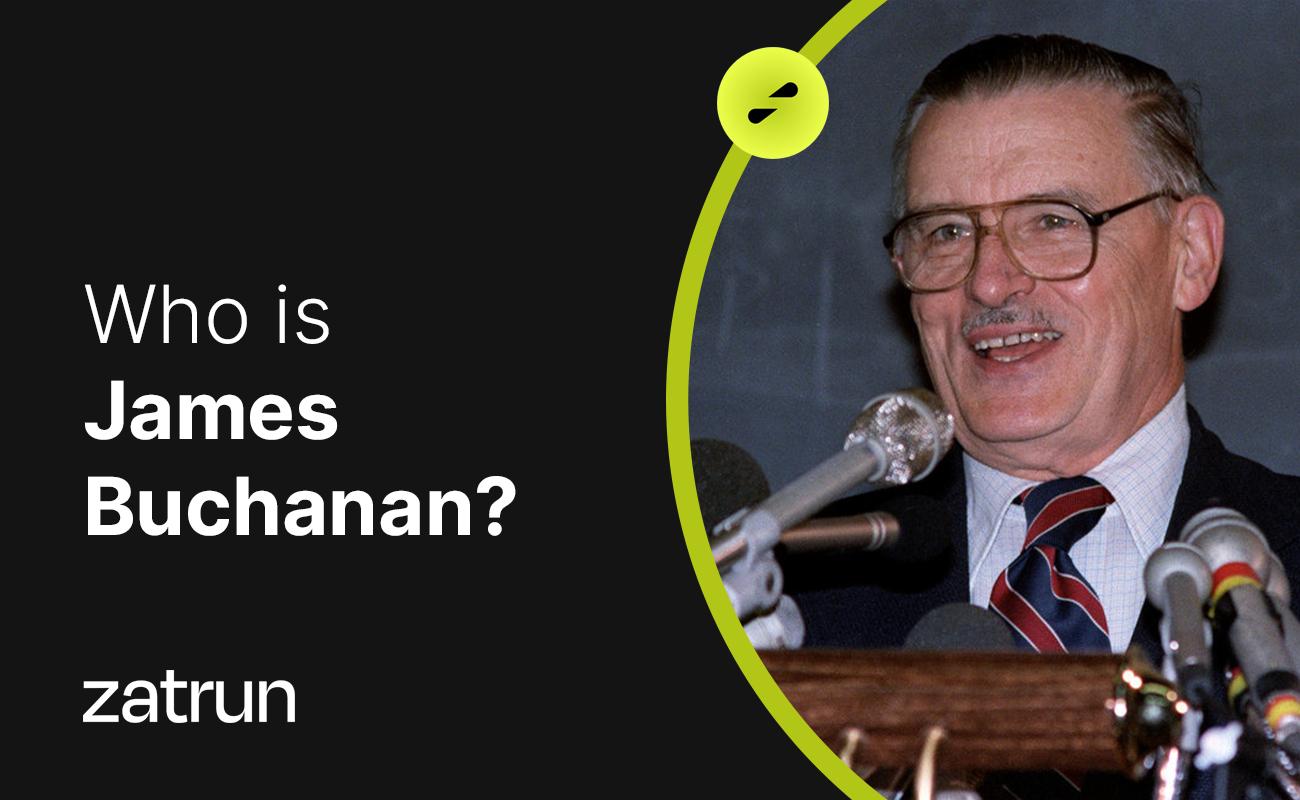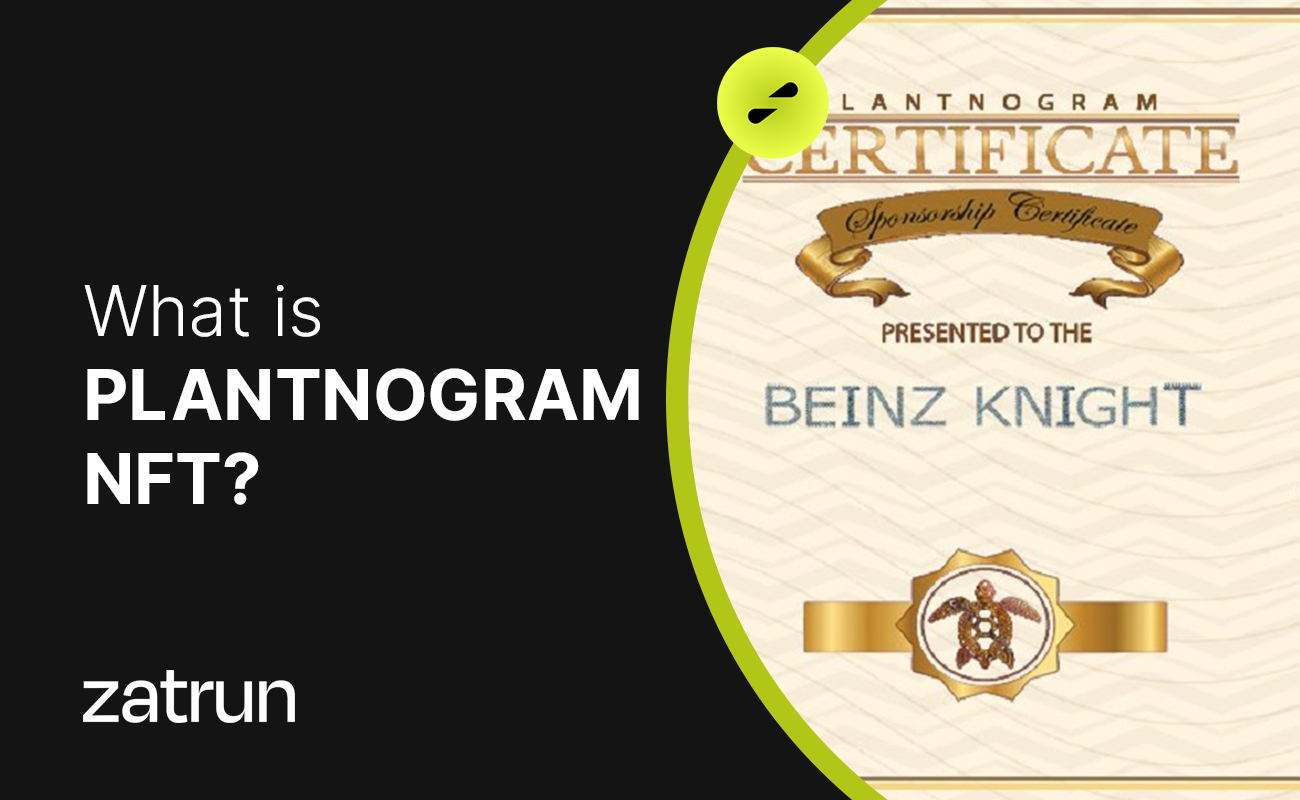William Brainard is an American economist born in 1935. He served as the Arthur Okun Professor Emeritus of Economics at Yale University and was the provost (vice chancellor) of the university from 1981 to 1986. Brainard is also known for his contributions to the development of the q theory of investment, which he co-developed with Nobel Prize-winning economist James Tobin. If you want to learn more about William Brainard, keep reading this article of Zatrun.com.
Who is William Brainard?
Brainard received his M.A. and Ph.D. degrees in economics from Yale University in 1959 and 1963, respectively, and has been a faculty member at the university since 1962. He has been a frequent collaborator with James Tobin and together they introduced the q theory in their 1968 paper “Pitfalls in Financial Model Building,” which was later elaborated in Tobin’s 1969 paper “A general equilibrium approach to monetary theory.”

Brainard’s research interests include microeconomics, macroeconomic theory, monetary theory and policy, and the modelling of financial markets. He served as co-editor of the Brookings Papers on Economic Activity from 1980 to 2007 and continues to serve on its advisory board.
One of William Brainard’s most influential works is his 1967 paper “Uncertainty and the Effectiveness of Monetary Policy,” in which he analyses the uncertainty surrounding the effectiveness of monetary policy and argues that it should still be implemented despite the uncertainty. Policymakers and economists have widely cited this paper.

His Other Works and Impact to the World
Brainard has also held several leadership positions at Yale University, including serving as the university’s provost from 1981 to 1986, director of the Cowles Foundation for Research in Economics, and chair of the Economics Department. He was appointed as the first faculty member of the Arthur M. Okun Professorship in 1991 and was also elected as the chairman of the board of the Boston Federal Reserve Bank in 1996.

William Brainard is a member of the Econometric Society and an Honorary Fellow of the American Economic Association. In 2001, a conference was held in his honour by his former students and colleagues at Yale University.












